How to help others cope
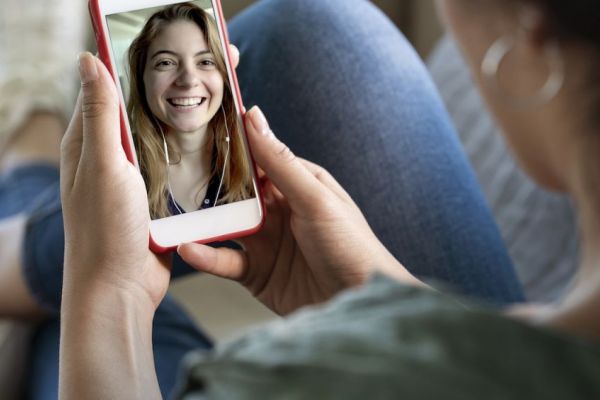
Most people don’t plan on getting injured, so getting injured can be a stressful event. An injury can cause pain, loss of function, more difficulty sleeping and reduce your quality of life, among other problems.
But that’s not all.
Understanding the connection between body and mind is equally important as the injured person can also experience psychological difficulties such as anxiety, distress, depressive symptoms, fear we may not recover, uncertainty about the future, blaming others or ourselves for the event that caused the injury, social withdrawal and, in some cases, strong acute stress reactions to the injury and the events surrounding the injury, leading the person to develop symptoms of post-traumatic stress disorder. All of these issues can complicate recovery following an injury.
COVID-19 and the body-mind connection

Key factors such as depression and post-traumatic stress are significant predictors of delayed recovery. Studies have demonstrated that 20 to 50% of people suffer from post-traumatic stress disorder following a traumatic orthopedic injury. Even in injuries that are not traumatic in nature, symptoms of depression can start to interfere with our recovery as early as one month after an injury.
The level of pain a person experiences and the symptoms of depression they show one month after an injury can predict their health outcomes two, four and twelve months after their injury.
So what does that have to do with the COVID-19 pandemic?
A major, society-wide event like a pandemic can amplify the feelings of distress we feel as a result of an injury, hindering our recovery. Feelings such as anxiety, uncertainty about the future, the sensation of losing control and changes in our social networks intersect with and magnify the feelings we are also experiencing as a result of our injury, often overwhelming us.
What you can do if you know someone who’s struggling with complex emotions

If you know someone who’s experiencing emotional turmoil right now as a result of an injury, the COVID-19 pandemic or both, they may need you to support them without knowing how to ask. After all, studies show that about 50% of people who struggle with anxiety or depression never seek help.
At Lifemark, we use the acronym C.A.R.E. to help people support their loved ones as they navigate a difficult period in their lives. This acronym stands for:
1) C is for “Check in”
If you know someone who has suffered an injury or a difficult setback, make sure to check in with them and know what to look for.
Pay close attention to signs of distress, including frustration, sadness, irritability, loss of interest in normal activities, tiredness, poor sleep quality, fear of movement, feelings of powerlessness, agitation, trouble concentrating or making decisions, excessive worry, negativity, a lack of hope for the future, lack of emotions and thoughts of suicide.
Your loved one may not have witnessed these changes in themselves, so you may be able to see something they’re unable to. Social contact can also make a huge difference, so make sure to offer connection and support, as simple gestures can go a long way.
2) A is for “Act”
In many ways, it’s easier to react to a physical injury, as you’re more likely to know what to do. But if a loved one is struggling with complicated emotions, you may feel afraid of making it worse by saying something that would embarrass them, even if you’ve noticed a change in them. Again, recognize that they need support and get the conversation started with courage and vulnerability.
The simple act of getting the conversation started is key. As long as your intention is to genuinely care for the other person, there’s not much you can say that is wrong. Try to listen without judgement, give them your full attention, don’t interrupt them and just be present.
3) R is for “Reassure”
Reassure your loved one that what they are feeling is a normal reaction to the type of stress they are experiencing. These feelings are not a sign of weakness or a character flaw.
Make sure to let them know they can receive support and that they’re not alone in this.
4) E is for “Encourage”
Encourage your loved one to seek help. Ask them what you can do to help them get the support they need.
For example, support may mean getting your loved one to consult an Occupational Therapist who can assist them with strategies to help them develop a self-care routine and identify thoughts that are affecting their emotions and behaviors. This can go a long way in helping someone identify patterns that often persist following an injury.
During this period, try to remember as well that “social distancing” is a bit of misnomer. Yes, we need to physically distance from others, but we are all social beings (even the most diehard introverts among us). All of us need social contact now more than ever.
So let’s all CARE for one another during this difficult period. If you need access to services, you should know that Virtual Care services are available and can be an effective way to get the help you or a loved one needs.
For more information about Virtual Care, check out our introduction video, the Virtual Care section on Lifemark.ca or call us at 1-855-485-1344.
Related Articles
Understanding minority stress: How to be an 2SLGBTQI+ ally
How occupational therapy can help address mental health concerns
Don't put off the care you need - here's why
Supporting our veterans with focused, holistic care
Adjusting to the new normal: the benefits of "hybrid care"
#GetReal for Mental Health Week: How I am holding up during the COVID crisis
Psychotherapy at a distance: Using Virtual Care to support mental health
How to set up your work environment when working from home
How my daughter’s Occupational Therapist made a difference
How occupational therapy can help with concussion management
Keep yourself safe at work and out of physio
Let's keep in touch!
SIGN UP TO GET HEALTH AND WELLNESS INFO RIGHT TO YOUR INBOX
Subscribe to receive the latest health and wellness news and information in your inbox every month.
By subscribing you agree to our privacy policy. You can unsubscribe at any time.


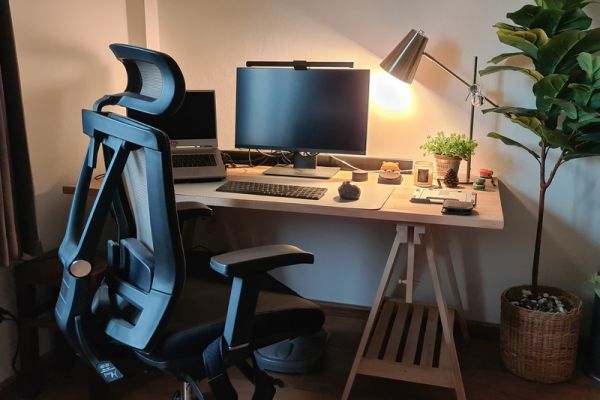










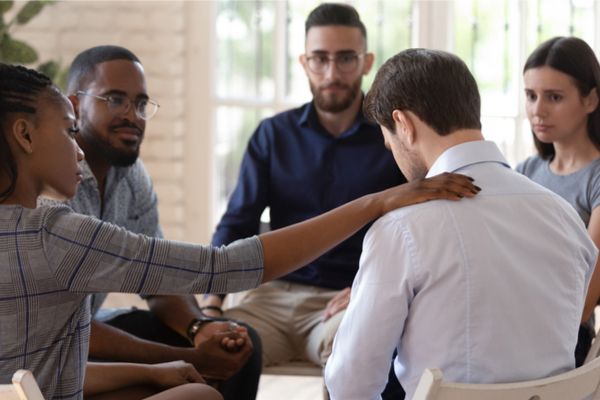
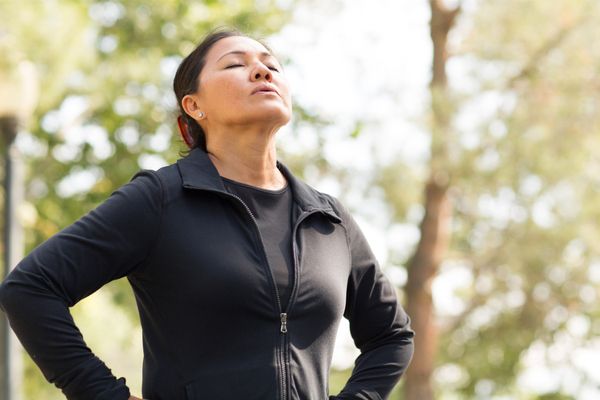


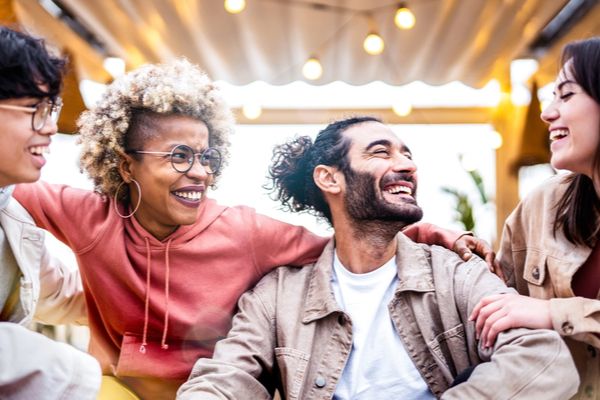




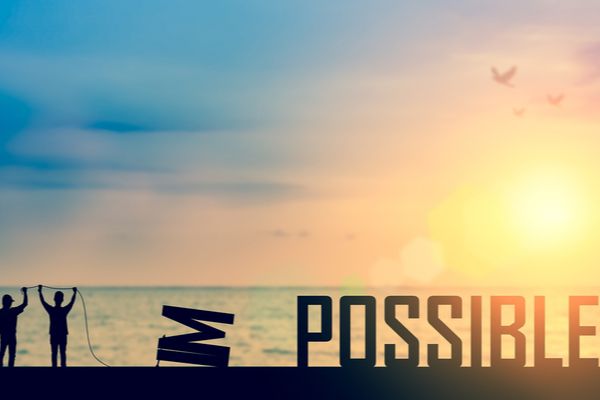



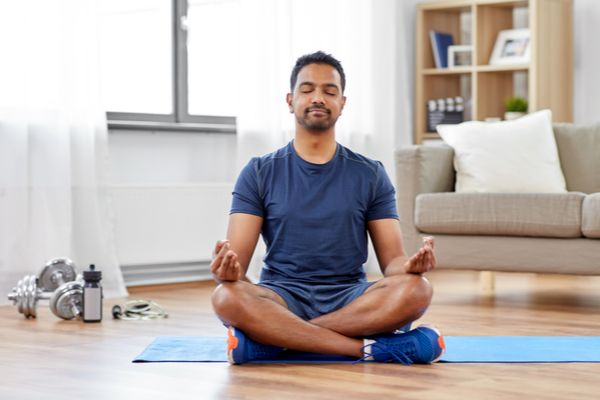
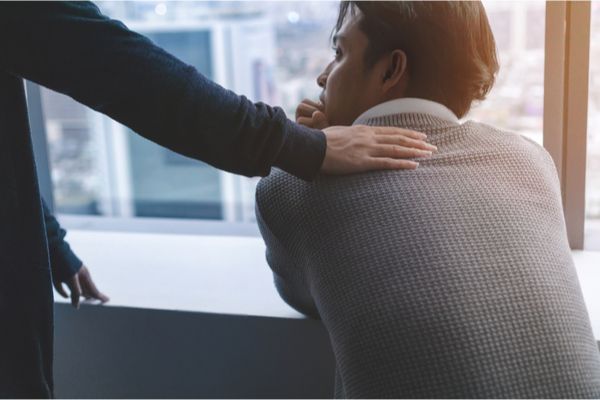
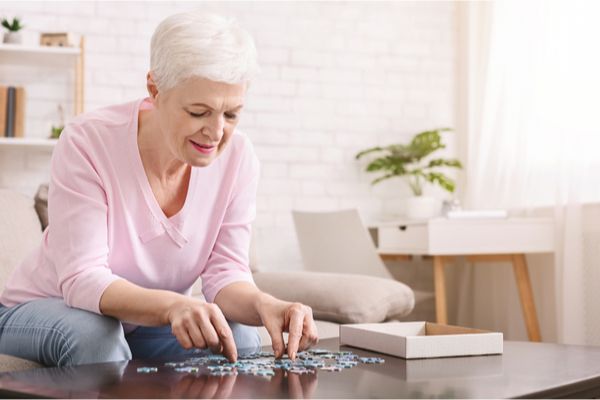


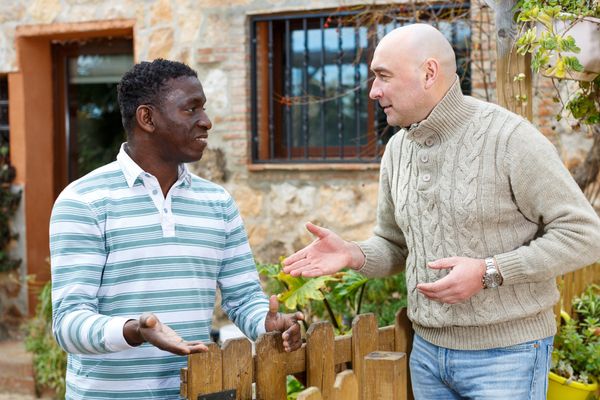

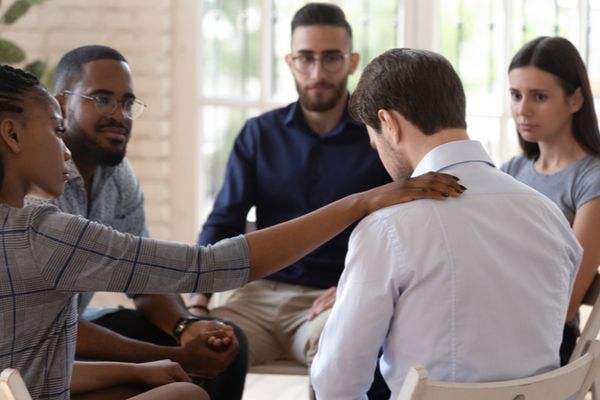







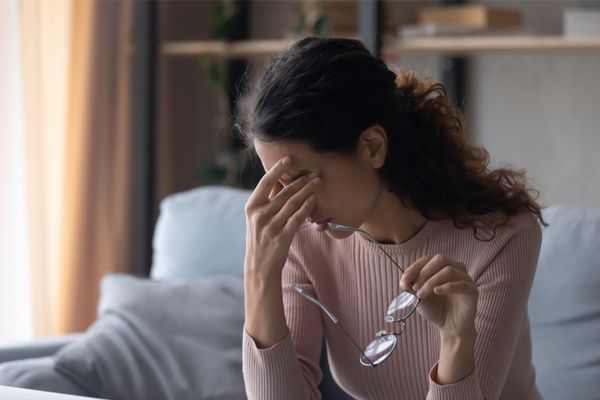
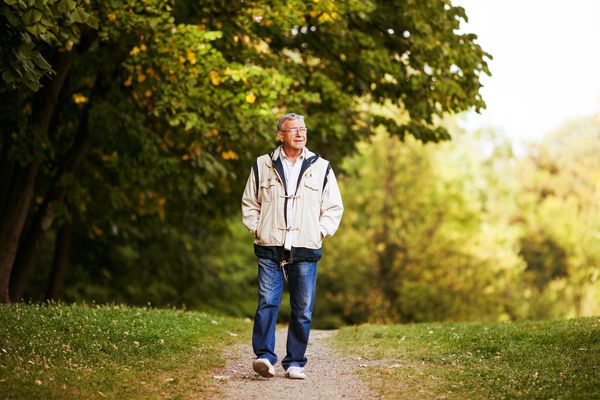
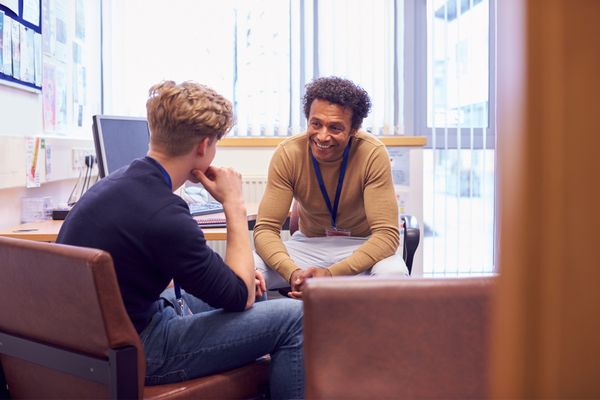

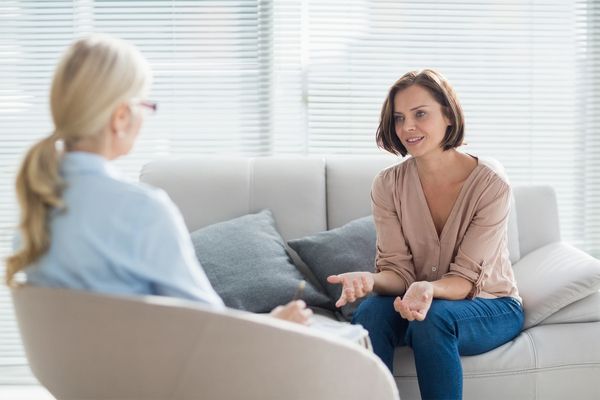


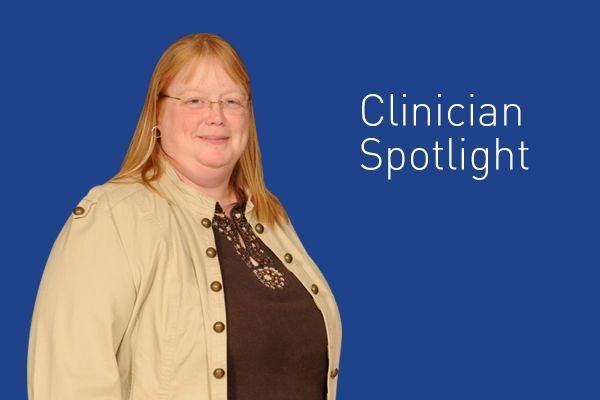



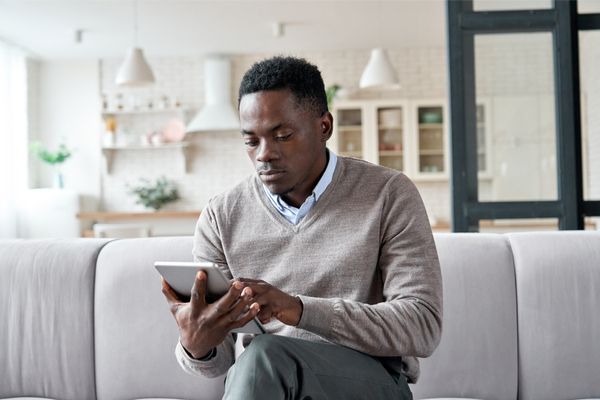

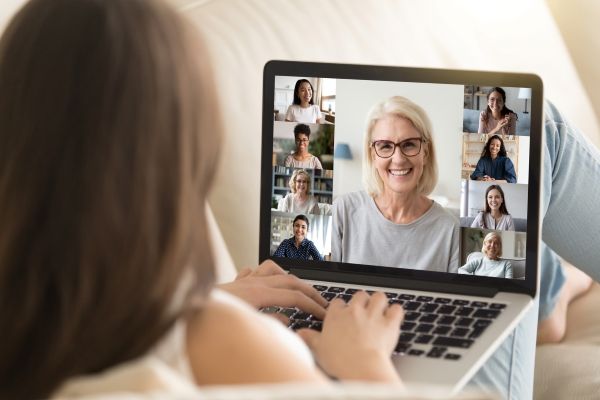


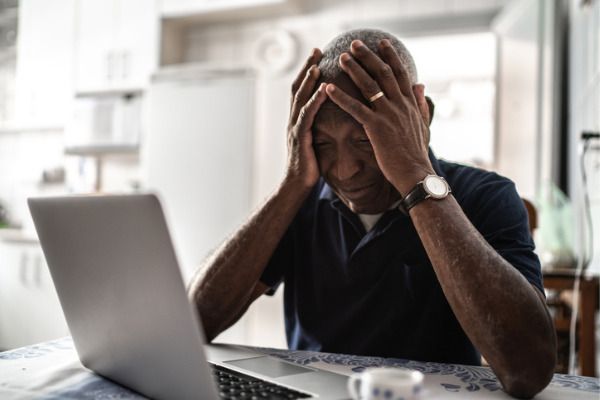
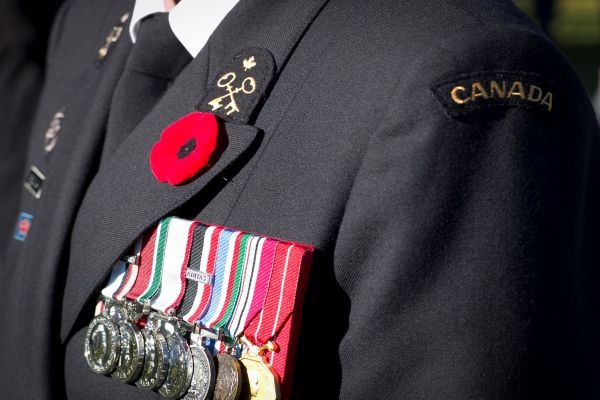

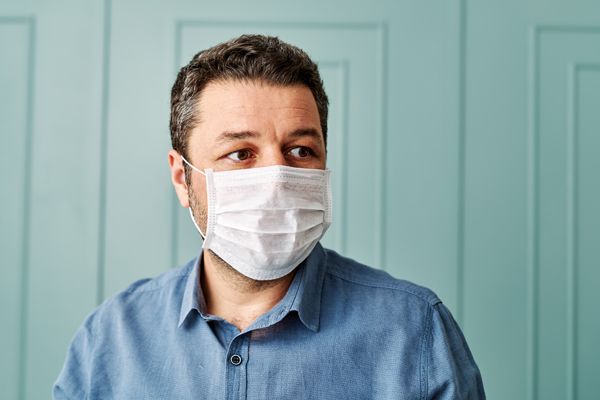
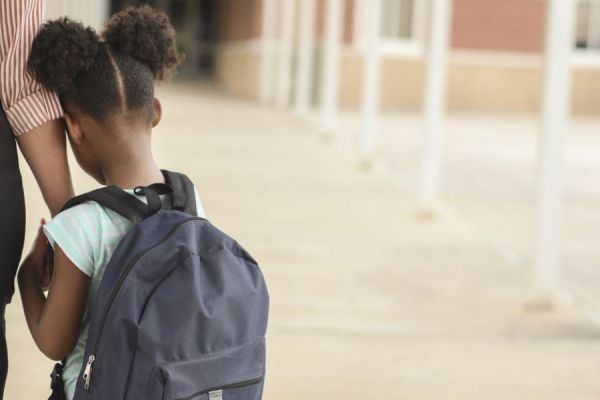


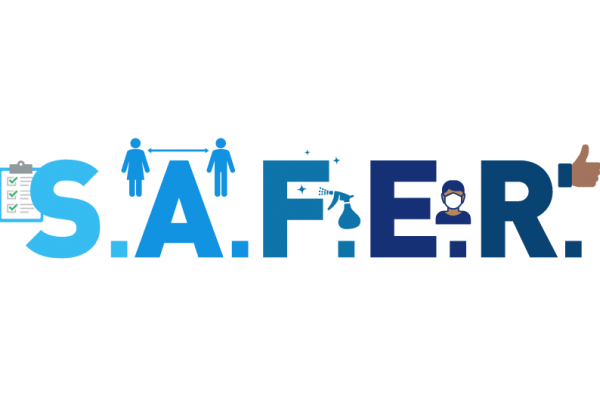
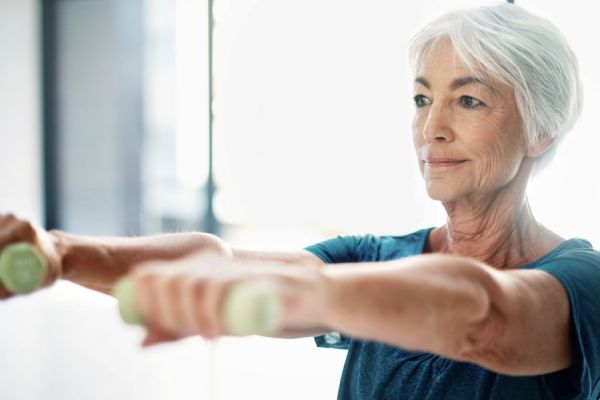


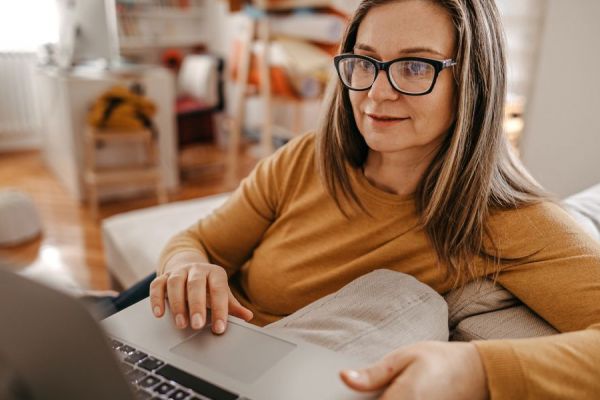
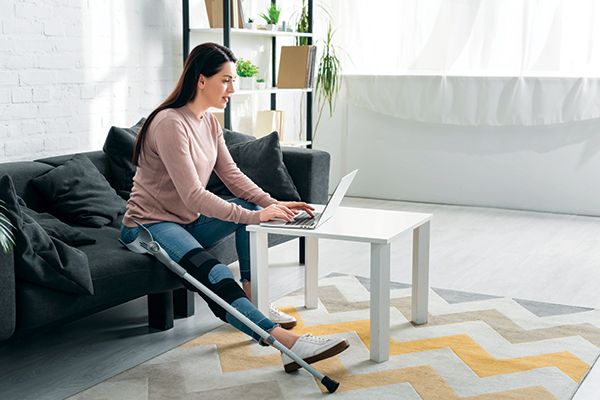
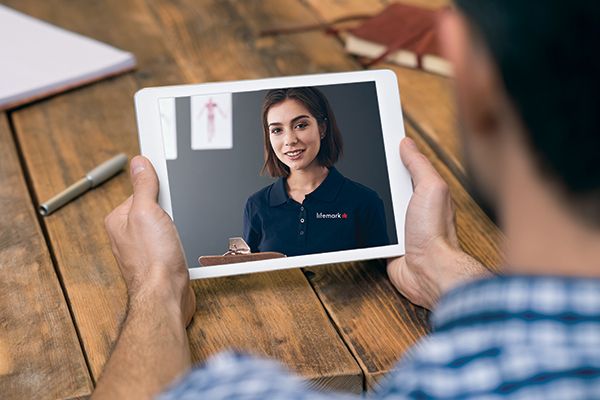

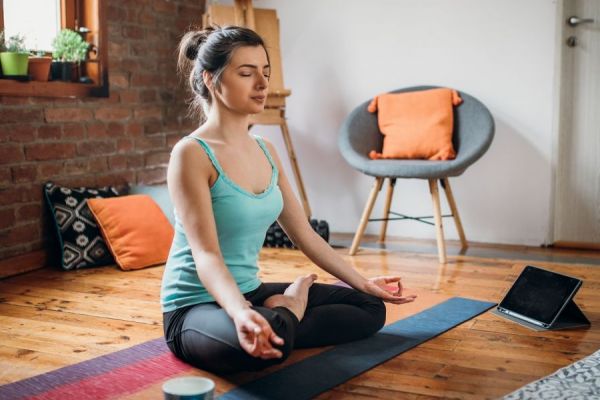



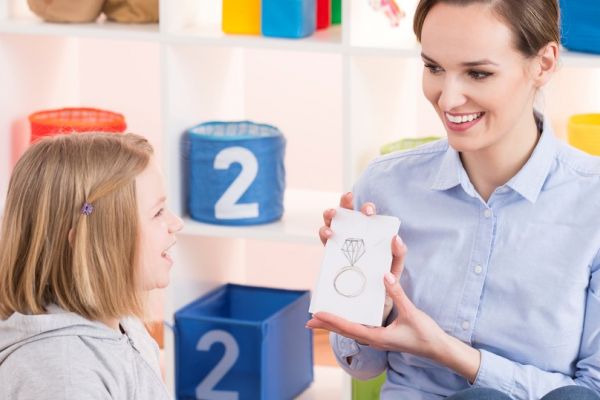




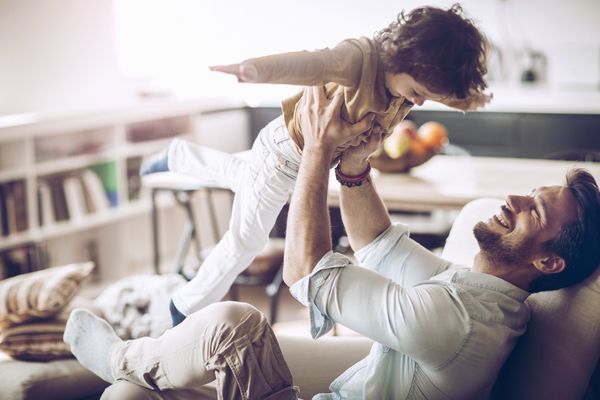
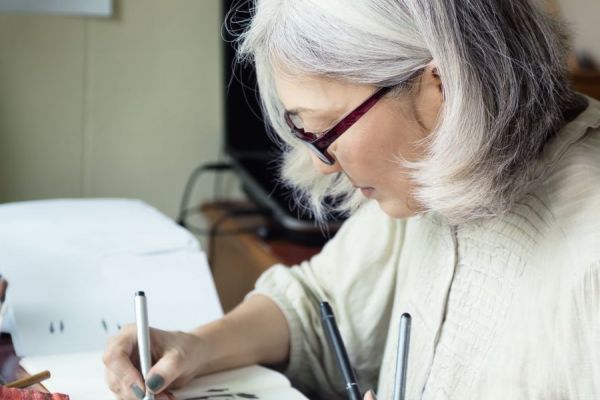


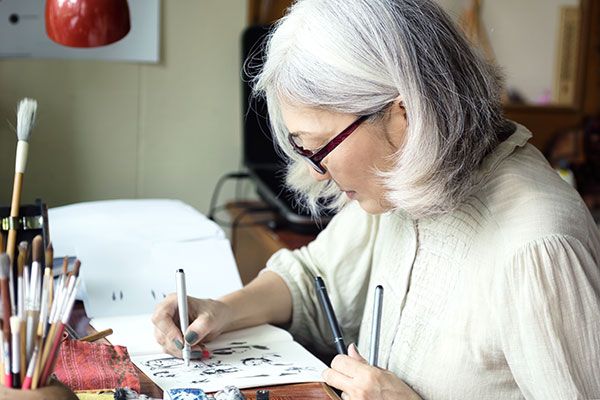
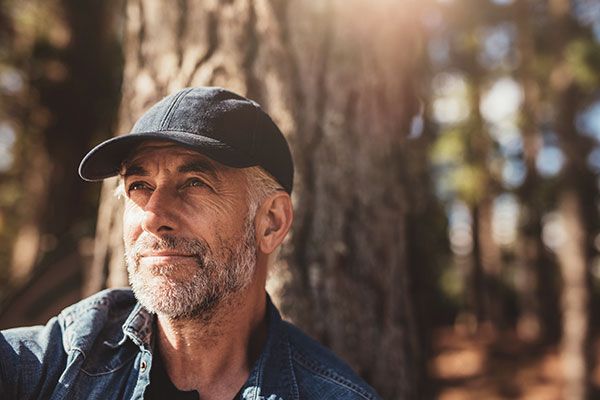
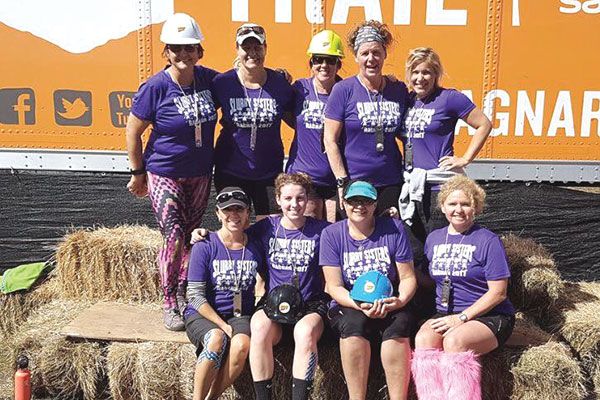

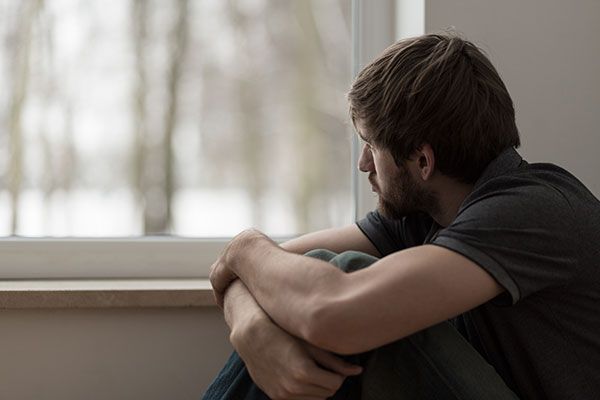
We can help you move and feel better.
Book an appointment today.